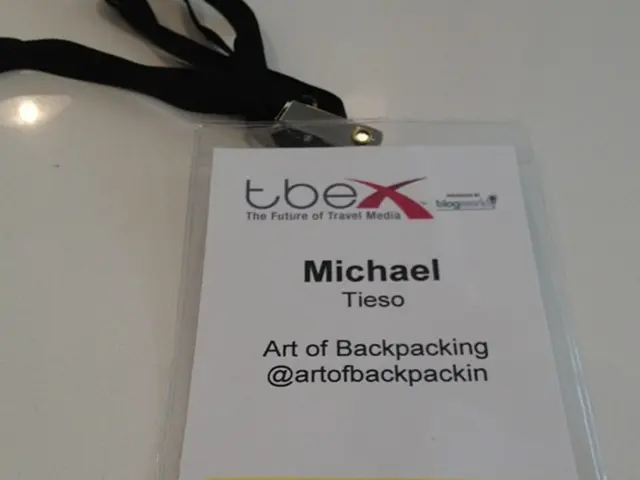Banking Innovation: POSB's Starlink and Solar Loans for Schools - A Refreshing Approach to Banking Services
In a move that could revolutionise education in Zimbabwe, POSB has announced a new loan scheme for schools and education sector employees. This initiative aims to provide registered educational institutions and individuals with term-based repayment plans for solar power systems and Starlink internet connectivity[1][3][4][5].
Eligibility and Documentation
To be eligible, schools must be registered and have a POSB account with at least six months of statements. Required documentation includes a current School Development Committee (SDC) constitution, recent SDC meeting minutes, a borrowing mandate signed by the SDC, quotations from suppliers, plus identification and proof of residence for school heads and SDC members[1][3][4].
Loan Details
The loans, up to US$10,000, are partnered with Transerv, Global Solar, and TelOne. Approval for the loans is granted within 48 hours, and installation is completed within a week[1][3][4][5]. Notably, these loans do not require collateral and offer flexible repayment plans of up to 24 months[1][3][4][5].
Costs and Exclusions
While the loan covers all installation and hardware costs for the solar system and Starlink connection, ongoing monthly Starlink subscription fees are not covered by the loan and must be paid separately by the schools or education staff[1][3][4][5].
Impact and Inclusivity
Over 60% of rural schools in Zimbabwe have no reliable power, and more than 70% lack internet access[6]. POSB's initiative could potentially leapfrog thousands of students into the digital world, addressing the digital and energy inequality in schools[5].
However, the cap of US$10,000 for the loans may limit what can be done, especially for larger institutions[7]. Despite this, the lack of collateral, quick approval, and flexible repayment plans make this a genuinely encouraging financial product[4].
This is a rare move in Zimbabwe where most banks have become more interested in transaction fees than offering actual banking services, and lending to productive sectors has all but dried up[8]. If successful, POSB's initiative could serve as a model for other financial institutions to support Zimbabwe's schools and education sector.
[1] POSB Press Release [2] Educational Institutions Eligibility Criteria [3] Loan Application Procedure [4] Loan Terms and Conditions [5] POSB's Digital and Energy Inclusion Initiative [6] Zimbabwe School Energy and Internet Access Report [7] Impact of Loan Cap on Larger Institutions [8] Current State of Banking in Zimbabwe
With this innovative financing scheme, POSB offers businesses in the education sector the opportunity to invest in solar power systems and Starlink internet connectivity, providing a pathway for improved technology adoption in schools. Financial repayment plans are flexible, allowing schools to repay the loans, supported by Transerv, Global Solar, and TelOne, over a period of up to 24 months without the need for collateral.




